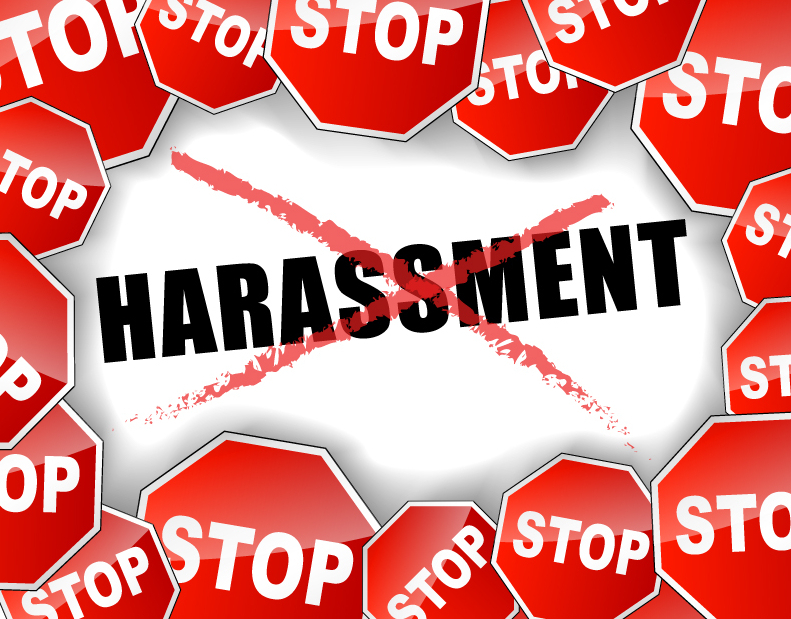The #MeToo movement sparked a reckoning and awakening as to the prevalence and consequences of sexual harassment—and now it’s time for bold policy solutions that will help spur a cultural shift and put a stop to the problem once and for all. The BE HEARD Act would do just that.
Today, we support our partners rallying in DC who are demanding justice for victims of sexual harassment and calling for Congress to pass the BE HEARD Act. The BE HEARD Act will overhaul our federal workplace harassment laws, making it easier for victims of harassment to receive justice and creating safeguards that will prevent sexual harassment from happening in the first place.
Sexual harassment affects workers in every industry, impacting victim’s health and well-being, hindering gender equality in the workforce, contributing to the gender wage gap. It disproportionately impacts low-wage workers in service industry jobs especially, as well as marginalized groups like LGBTQ workers, women of color, and women with disabilities.
A key part of the BE HEARD Act includes expanding civil rights protections to all employees regardless of business size, and to non-employees like independent contractors, interns, and volunteers. It would also prohibit employers from forcing workers to sign blanket non-disclosure agreements upon accepting a job and provide employers with best practices for preventing sexual harassment. And, crucially, the law would end the so-called “severe or pervasive” standard—which sets an impossibly high bar for victims to meet in court—sending the message that no form of sexual harassment is okay.
New York State, long a leader in passing progressive workplace reforms, recently passed similar legislation—a centerpiece of the Governor’s Women’s Justice Agenda. The bill updated the state human rights rights law to eliminate the severe or pervasive standard in harassment cases, expanded all human rights law protections to employers with 1 or more employees (previously it was 4 or more), and extended protections to independent contractors.
We worked closely with partners across the state on these critical updates to New York’s anti-harassment law, and now, we join our partners in calling for Congress to bring these reforms to all corners of the country and to end workplace sexual harassment once and for all!








